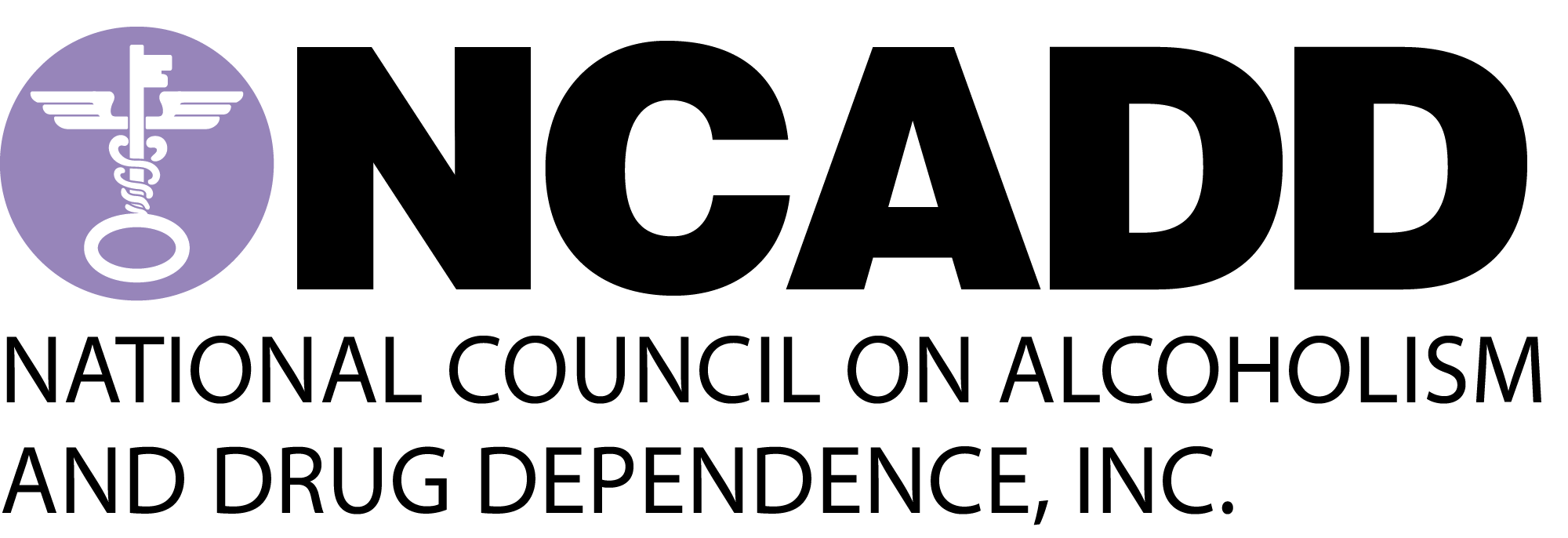Why do some people become addicted to alcohol and drugs and others do not?
Whether a person decides to use alcohol or drugs is a personal choice, influenced by multiple biological, familial, psychological and sociocultural factors. But, once a person uses alcohol or drugs, the risk of developing alcoholism or drug dependence is greatly influenced by genetics. Research shows that genes are responsible for about half the risk for alcoholism and addiction, and while genetics are not the sole determinant, their presence or absence may increase the likelihood that a person will become alcohol or drug dependent.
Individual health is the result of the interaction between genes and environment. As an example, the risk of developing high blood pressure is influenced by both genetics and environment, including diet, stress, and exercise. Some diseases, like sickle cell anemia or cystic fibrosis, are caused by an error in a single gene. However, most diseases, like alcoholism and drug dependence, are considered genetically complex and involve variations in a number of different genes.
Addiction Research
Numerous scientific studies reveal that alcohol and drug dependence runs in families. Research conducted on twins and adopted children has shown the impact of genetics in relation to alcohol and drug dependence, and in recent years, researchers have identified numerous genes as affecting risk for dependence on alcohol and drugs. And while no specific “addiction” gene has been identified, a number of different genetic and biological factors make someone more or less vulnerable to becoming an addict.
Genetic Predisposition
We all have the genetic predisposition for addiction because there is an evolutionary advantage to that. When an animal eats a certain food that it likes, there is an advantage to associating pleasure with that food so that the animal will look for that food in the future. In other words the potential for addiction is hardwired into our brain.
Although everyone has the potential for addiction, some people are more predisposed to addiction than others. Some people drink alcoholically from the beginning. Other people start out as a moderate drinker and then become alcoholics later on. How does that happen?
Rewiring the Brain
Repeatedly abusing drugs or alcohol permanently rewires the brain. If a person starts out with a low genetic predisposition for addiction, he or she can still end up with an addiction. If a person repeatedly abuses drugs or alcohol as the result of environmental or other social factors, it can permanently rewire the brain. Every time a person abuses alcohol or drugs, it strengthens the wiring associated with these substances, and the more one chases the effect of alcohol and drugs, the greater the chance of developing an addiction.
Family History
While genetics make up 50% of the risk for alcohol and drug dependence, not all people who use alcohol and drugs will become addicted, dependent or even use them regularly. Ultimately, addiction is influenced by many factors, including a person’s environment, parents, expectancies of what drinking or using drugs will do, and one’s individual response to drugs and alcohol. And while a family history of alcohol or drug dependence is known to contribute significantly to the risk of a child developing the same condition, genes are not the sole determinant of alcoholism or drug dependence. Lots of people have come from addicted families but managed to overcome their family history and live happy lives.
